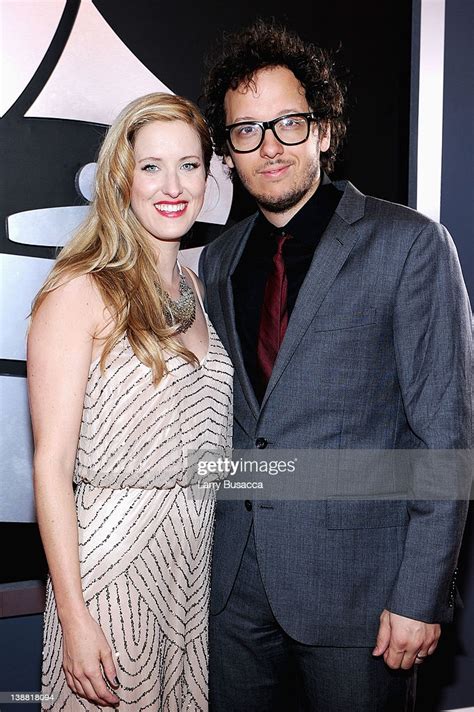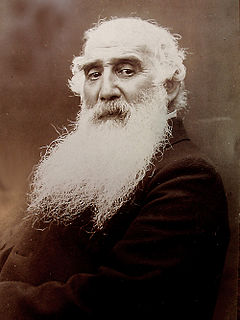A Quote by Francis Schaeffer
I am afraid that as evangelicals, we think that a work of art only has value if we reduce it to a tract.
Related Quotes
I believe that a work of art, like metaphors in language, can ask the most serious, difficult questions in a way which really makes the readers answer for themselves; that the work of art far more than an essay or a tract involves the reader, challenges him directly and brings him into the argument.
What I am trying to say is that it is not without any value. The value of copies is that they can direct us towards the original. I was recently at the Louvre Museum and I was filming people who were viewing the Mona Lisa. I noticed the number of ordinary people, astonished, mouths agape, standing still for long stretches looking at the work, and I wondered, "Where does this come from? Are these people all art connoisseurs?" They are like me; through the years, we've seen this work in our schoolbooks or art history books, but when we stand before the original, we hold our breath.
Art matters. It is not simply a leisure activity for the privileged or a hobby for the eccentric. It is a practical good for the world. The work of the artist is an expression of hope - it is homage to the value of human life, and it is vital to society. Art is a sacred expression of human creativity that shares the same ontological ground as all human work. Art, along with all work is the ordering of creation toward the intention of the creator.
Don't think of yourself as an intestinal tract and tangle of nerves in the skull, that will not work unless you drink coffee. Think of yourself as incandescent power, illuminated perhaps and forever talked to by God and his messengers.... Think if Tiffany's made a mosquito, how wonderful we would think it was!
I think there is an army clock ticking in me. I value time. I always want to be on time. I don't complain about things, saying, 'There is no caravan here,' etc. For example, they could only arrange a tent on the location of 'Pareshanu Raa'. I understand the importance of money. I respect my work a lot. Not that I am the only one who works hard.
What is it about a work of art, even when it is bought and sold in the market, that makes us distinguish it from . . . pure commodities? A work of art is a gift, not a commodity. . . works of art exist simultaneously in two “economies”, a market economy and a gift economy. Only one of these is essential, however: a work of art can survive without the market, but where there is no gift, there is no art.







































